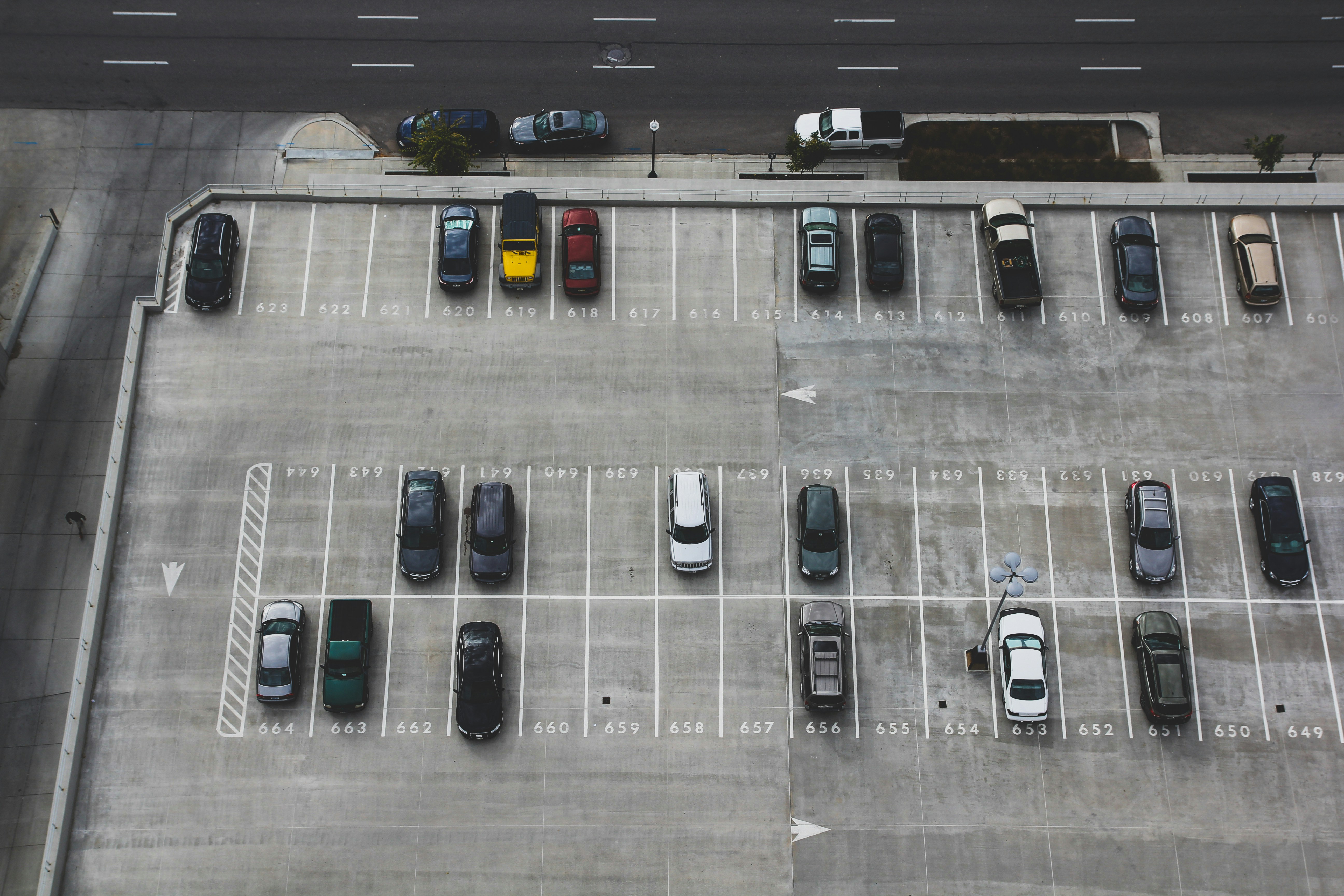Central Valley Regional Center Data Breach Lawsuit Investigation
Were your Social Security number and medical records dumped in the trash? Central Valley Regional Center (CVRC) admits a document-disposal failure that could put thousands at risk of identity theft. Find out how to protect yourself » Download Notice (PDF) »
What Happened?
Between March 1 and July 7, 2025, a newly contracted janitorial service at one CVRC facility allegedly placed confidential files into ordinary trash instead of locked shredding bins. The error went undetected until July 2025, when staff discovered sensitive paperwork in garbage bags. CVRC notified law enforcement, the California Department of Developmental Services, and the California Attorney General, formally reporting the incident on September 11, 2025.
What Information Was Exposed?
CVRC states the discarded documents spanned service years 2015-2025 and may contain:
- Full names
- Social Security numbers
- Dates of birth
- Home addresses
- Government-issued ID numbers
- Medical and treatment details
- Financial or insurance information
Central Valley Regional Center’s Response
- Locked all shredding bins and limited access to approved shredding providers.
- Revised janitorial procedures and retrained staff on proper document disposal.
- Added in-office signage and instituted routine audits for compliance.
- Provided one year of complimentary LifeLock identity-protection services.
- Created a dedicated helpline at 1-888-840-0361 (Mon–Fri, 8 a.m.–6 p.m. PT).
Steps You Can Take Now
- Activate the free LifeLock offer. Follow the instructions in your notification letter to enroll.
- Place a fraud alert or credit freeze. Contact Experian, Equifax, and TransUnion.
- Monitor financial and medical statements. Look for unfamiliar charges or benefits claims.
- File your taxes early. Prevent fraudulent returns using your Social Security number.
- Keep all documentation. Save the breach notice and any evidence of misuse.
Potential Legal Options
Under state and federal privacy laws, organizations must safeguard personal data. If CVRC’s negligence caused or increased the risk of identity theft, affected individuals may pursue claims for:
- Out-of-pocket costs (credit monitoring, bank fees, etc.).
- Time spent addressing fraud.
- Emotional distress.
- Enhanced credit-monitoring services or extended identity-theft protection.
Collecting these damages often requires joining or initiating a class action or individual lawsuit. Legal teams are actively investigating the incident and can advise on eligibility.
Check Your Eligibility »Key Dates to Remember
- March 1 – July 7, 2025: Document disposal incident period
- July 2025: Breach discovered
- September 11, 2025: Incident reported to CA Attorney General
- Identity-protection enrollment deadline: Refer to your letter (typically 60–90 days from receipt)
FAQ: Central Valley Regional Center Data Breach
How do I know if Central Valley Regional Center exposed my data?
CVRC mailed letters to all potentially impacted individuals. If you received a notice—or if you received services from CVRC between 2015 and 2025—you are likely affected.
What is the cost of the LifeLock service offered by CVRC?
The service is free for twelve months. Activation instructions, along with a promo code and member ID, are included in your notification letter.
Can I sue Central Valley Regional Center for the data breach?
You may be able to join a class action or file an individual claim for damages such as fraud expenses or lost time. Consult an attorney experienced in data-privacy litigation to explore your options.
Will freezing my credit hurt my credit score?
No. A credit freeze restricts access to your file and does not affect your score. You can lift or “thaw” the freeze whenever you need new credit.
How long will my information remain at risk?
Unfortunately, personal data—especially Social Security numbers—can circulate indefinitely. Continuous monitoring and timely action on suspicious activity are critical.






